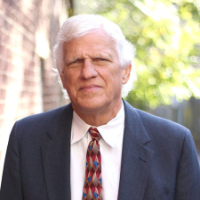Georgetown DUI-DWI Lawyer, Kentucky
Sponsored Law Firm
-
 x
x

Click For More Info:
-
Law Office of Mark S. Guralnick
55 Madison Avenue 4th Floor Morristown, NJ 07960» view mapCriminal Defense Law Dedicated. Fearless. Successful.
Mark S. Guralnick and his legal team have helped clients throughout the USA and across the world by applying unparalleled dedication and hard work to each case.
800-399-8371
Not enough matches for Georgetown DUI-DWI lawyer.
Below are all Georgetown Criminal lawyers.
Robert H Cornett
✓ VERIFIEDSocial Security, Criminal, DUI-DWI
I have practiced Social Security law for more than thirty years in Kentucky as well as many other states. I represented Social Security claimants in B... (more)
John Elliott Cornett
Personal Injury, Workers' Compensation, Family Law, Criminal, DUI-DWI
Status: In Good Standing
FREE CONSULTATION
CONTACTJeremy M. Mattox
Workers' Compensation, Divorce & Family Law, Criminal, Accident & Injury
Status: In Good Standing
FREE CONSULTATION
CONTACTRoger A. Michael
Intellectual Property, Divorce & Family Law, Criminal, Accident & Injury
Status: In Good Standing
Jeremy M Mattox
Workers' Compensation, Divorce & Family Law, Criminal, Personal Injury
Status: In Good Standing
FREE CONSULTATION
CONTACTAmy Rebecca Duncliffe
Workers' Compensation, Family Law, Criminal, Personal Injury
Status: In Good Standing
 Mark Guralnick Morristown, NJ
Mark Guralnick Morristown, NJ AboutLaw Office of Mark S. Guralnick
AboutLaw Office of Mark S. Guralnick Practice AreasExpertise
Practice AreasExpertise

